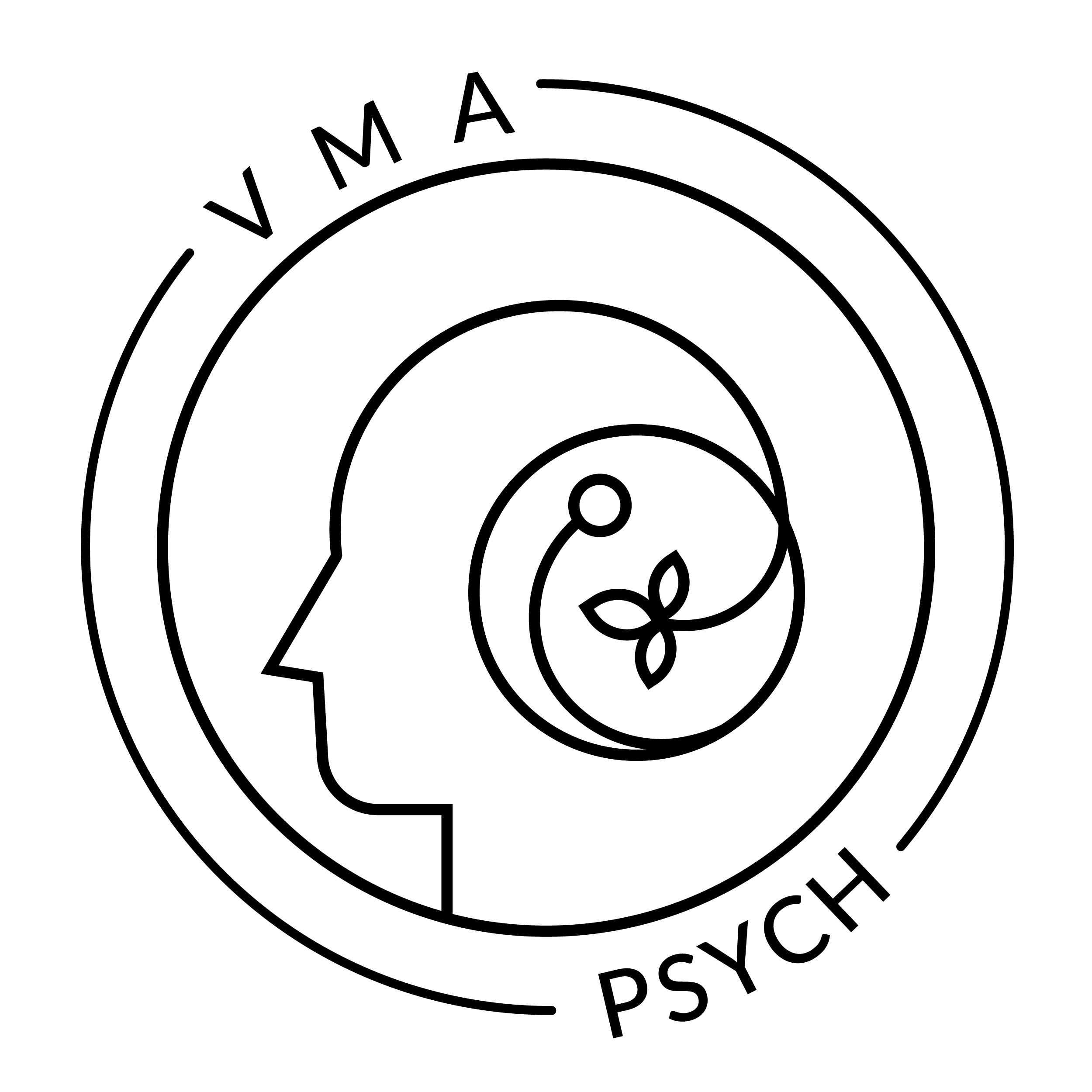A gifted assessment is more than just an academic evaluation—it’s a tool that helps uncover your child’s intellectual capabilities and overall learning potential. Identifying giftedness early can help circumvent understimulation and underachievement, open doors to specialized learning opportunities, and provide the support needed to help your child implement their unique skills and excel academically.
In this article, we’ll explore what a gifted assessment entails, key signs your child may be gifted, and how early identification can set them on a path to success.
What Is a Gifted Assessment?
A gifted assessment is a structured evaluation that measures a child’s cognitive abilities and academic achievement potential. The assessment findings can help determine if your child qualifies for gifted education programs and ensure they receive the right level of academic challenge.
Unlike standard school tests, a gifted assessment looks beyond grades to evaluate intelligence quotient (IQ), problem-solving skills, creativity, abstract thinking, and advanced reasoning. It provides a comprehensive understanding of how your child learns and what they need to thrive.
Key Areas Assessed
Cognitive Profile – Comprehension, problem-solving, reasoning, and abstract thinking.
Academic Profile – Reading, writing, and mathematical performance compared to peers.
Signs Your Child Might Be Gifted
Giftedness isn’t always obvious, especially in young children. Sometimes, gifted kids blend in with their peers because they’re not being challenged enough. In other cases, they might show unusual behaviours—like boredom or frustration—that mask their potential.
Here are some signs that it might be time to consider a gifted assessment:
Early reading and advanced vocabulary – Does your child show a strong interest in books and language from a young age?
High levels of curiosity – Do they ask endless questions and show deep interest in specific topics?
Exceptional problem-solving skills – Do they enjoy puzzles, building structures, or finding creative solutions?
Heightened sensitivity – Are they highly empathetic or emotionally aware?
Strong leadership skills – Do they take charge in group settings and organize others with ease?
If you recognize some of these traits, read our article: Is Your Child Gifted? 15 Signs They Might Be for a deeper look at common characteristics.

How the Gifted Assessment Process Works
At VMA Psych, our gifted assessment process is designed to be thorough and informative, offering you a full understanding of your child’s cognitive and academic potential.
Here’s what you can expect:
Intake Forms & Questionnaires:
Once you reach out to us for a gifted assessment, our dedicated admin and care team will guide you through the intake process. This includes:
Creating your client profile
Sending intake forms for you to complete
Collecting key background information to help schedule your child’s assessment
Intake Meeting with a Psychologist
On the day of the assessment, you’ll meet with a psychologist or psychological associate to discuss your child’s:
Academic background – School performance and learning experiences
Medical & psychological history – Any relevant diagnoses, concerns, or developmental milestones
Family background – Insights into the home environment and support systems
Test Administration
Your child will complete a series of engaging, research-backed tests to assess their cognitive and academic abilities. These include:
Cognitive Tests – To measure IQ, problem-solving, reasoning, and memory.
Achievement Tests – To evaluate academic skills like reading comprehension and math proficiency.
Comprehensive Report & Feedback Session
2-3 weeks after testing, you’ll receive a detailed report summarizing your child’s results. This includes:
Strengths & areas for growth
Recommendations for gifted programs, enrichment activities, and next steps
At this time, you will also meet with our lead psychologist for a feedback session, where you can:
Review the findings in detail
Ask questions about the results
Create a plan to support your child’s academic and emotional development
Our goal is to provide actionable insights and guidance so you can confidently advocate for your child’s success.
For more details, visit our Gifted Assessment Service.
Why Early Identification Matters

Recognizing giftedness early can significantly impact your child’s education and well-being. Many gifted children underperform, lose motivation, or develop behavioural challenges if they are not adequately challenged.
A gifted assessment helps you advocate for your child’s educational needs and ensures they get the right opportunities to grow. Here’s how early identification can make a difference:
Enables Tailored Learning – A gifted diagnosis opens doors to gifted programs, enrichment activities, and advanced coursework needed to challenge and support their development.
Prevent Underachievement – Without proper stimulation, gifted children can lose motivation. Early identification helps keep them engaged, challenged, and excited to learn.
Improved Emotional Well-being—Gifted children may feel isolated or misunderstood. The right support and peer group can help them build confidence, friendships, and a strong sense of identity.
Stronger Advocacy – A formal assessment gives you the data and insights needed to work with educators and ensure your child receives the appropriate level of challenge and support.
Supporting Your Child After the Assessment

Once the assessment is complete, it’s time to take action. Here’s how you can help your child thrive:
Collaborate with Teachers: Share the assessment results with your child’s school and discuss options for advanced learning opportunities. Some schools offer specialized gifted programs, while others might recommend an individualized education plan (IEP).
Explore Enrichment Opportunities: Consider enrolling your child in STEM programs, creative writing workshops, leadership camps, and other activities that align with their strengths.
Focus on Emotional Support: Help your child navigate challenges like perfectionism or feeling different from their peers. Encourage a growth mindset and remind your child that giftedness is about learning, not just being smart.
Monitor Their Progress: As your child grows, their needs will evolve. Regularly revisiting their progress and adjusting their learning plan ensures they continue to feel challenged and supported.
Is a Gifted Assessment Right for Your Child?
If you suspect your child is gifted, a professional assessment can provide clarity, guidance, and access to the right resources.
At VMA Psych, we specialize in gifted assessments that give parents the insights they need to advocate for their child’s success.
Contact VMA Psych today to schedule a gifted assessment and help your child reach their full potential.
Welcome to VMA Psych.
Your trusted provider of exceptional mental health services in the GTA & beyond. Learn More
With 40+ years as Toronto's leading psychologists, we guide individuals through life's complexities, offering specialized services for a brighter future.




















